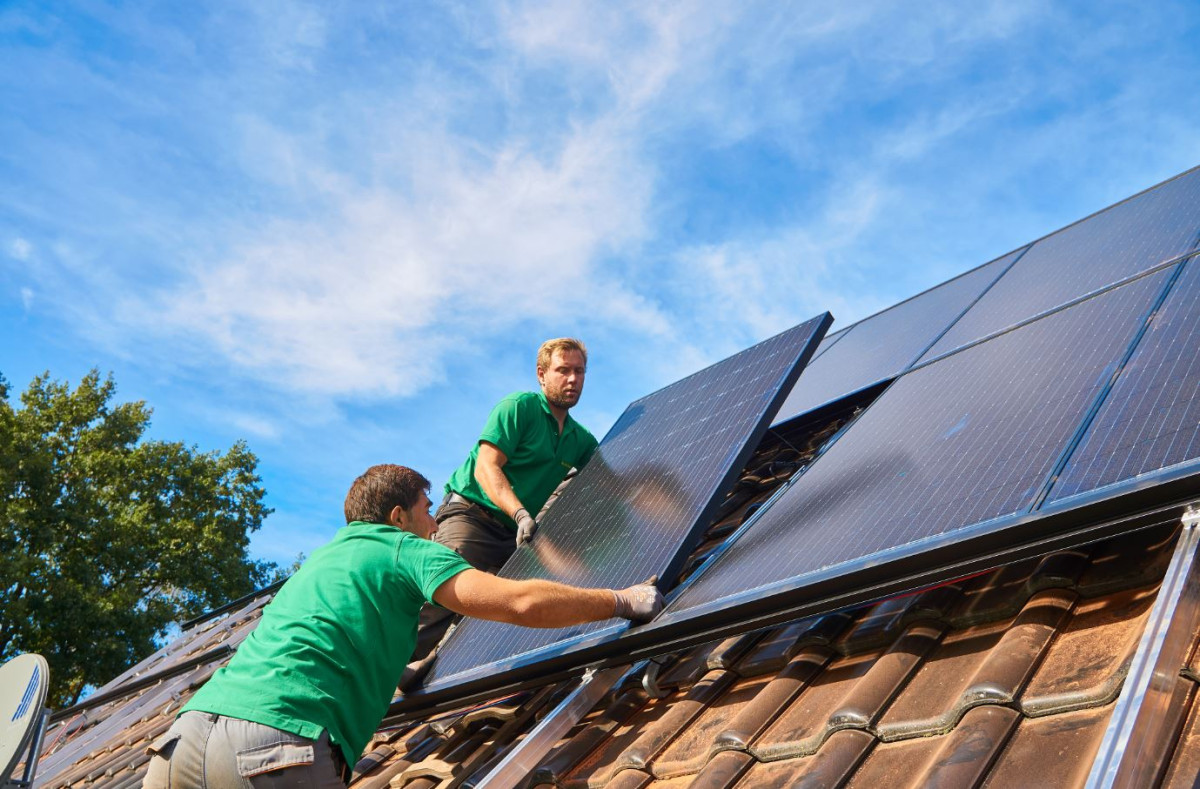Merz signals Germany may scale back plans for renewable rollout to cut costs
German chancellor Friedrich Merz has indicated that the country is set to lower its ambitions for the rollout of renewables ahead of the publication of his government’s highly anticipated energy transition “reality check” monitoring report. “My guess is that we can do a little less in terms of expansion. And that will, of course, trigger significant changes in costs,” Merz said at a conference of energy companies’ corporate works councils in Berlin, news agency dpa reported in an article published on ntv.
Merz signalled that the monitoring report would be published next week by economy minister Katherina Reiche, also from the conservative CDU. The government is reviewing key pillars of the country's energy transition to rein in rising energy system costs, and to align grid expansion with the rollout of renewables. Critics warn the report risks undermining climate targets, slowing renewables expansion, and prolonging reliance on fossil fuels.
Merz said that the monitoring report was largely complete and would be evaluated by minister Reiche next week. “We want to place the issue of security of supply in the context of grid expansion, the expansion of renewable energies, digitalisation and the ramp-up of hydrogen,” the chancellor said.
Merz reiterated that the report should form the basis for the coalition government's policies going forward. “I hope that we will manage it, and it will have consequences.”
The previous government made the faster rollout of wind power and solar PV a focus of its energy policy to pave the transition to low-carbon electricity, and make up for sluggish expansion in previous years. However, the growing share of renewables has increased the need for grid interventions, which increases system costs that are passed on to consumers.
Minister Reiche previously said that one major goal is to “better align” renewable energy buildout and electricity grid expansion. In her view, renewables development has proceeded in a way that neglected cost-efficiency. “We must eliminate network bottlenecks before new capacity is added,” the minister said. She has also argued that the high grid fees consumers pay to expand and maintain electricity networks are due to a “completely unrealistic, completely exaggerated renewable energy target.”
Chancellor Merz now said the expansion of renewables could likely proceed more slowly, while security of supply could be achieved more quickly and reliably. “If we want to remain an industrialised country, we must have a secure energy supply. For the time being, at least, we cannot guarantee this with renewable energies alone.”
Germany aims to bring the renewable share in power consumption to 80 percent by 2030, and plans to have an almost climate-neutral power supply following the completion of its coal exit, which is meant to be completed by 2038 at the latest. Merz's government also set up a special fund worth 500 billion euros in spring to finance infrastructure and climate neutrality projects over the next decade on the path to Germany's 2045 target to achieve carbon-neutral economy.
New gas power plants don’t need to be “hydrogen-ready”
To secure undisturbed domestic electricity supply at times of little wind and sunshine, so-called Dunkelflaute periods, the government plans to construct gas power plants with a combined capacity of 20 gigawatts, with preparations for the highly anticipated tenders underway. Merz said the government’s power plant strategy was finalised, adding the government was now in consultation with the European Commission, which has to greenlight the plans. “We assume that we will receive this approval,” Merz said.
The auctions that were already planned to take place under the previous government were meant to start before the end of 2025, but the economy ministry has no longer mentioned this timeline recently. It now says the auctions should start “as soon as possible”.
The chancellor reiterated that his government had reduced the previous government’s requirement that the new power stations must be capable of switching from natural gas to hydrogen from the start, to allow climate-neutral operation in the case of green hydrogen made with renewable electricity.
“Not everything has to be hydrogen-ready right away. I think we can also talk about an interim phase: that we first build gas-fired power stations and connect them to the grid,” Merz said.
However, Merz stressed that his government will pursue hydrogen as a technology, including the so-called core hydrogen grid of pipelines to connect supply to industry users. “The hydrogen core network is an important project for the future, including for the federal government I lead,” Merz said. “We must now pragmatically continue to drive forward the ramp-up and then implement the hydrogen projects step by step.”
Merz renewed his government’s commitment to domestic and EU climate targets. “The government stands by its climate targets, both those we have set ourselves nationally and those we have agreed at European level. This means that we want to achieve climate neutrality by 2045.”


